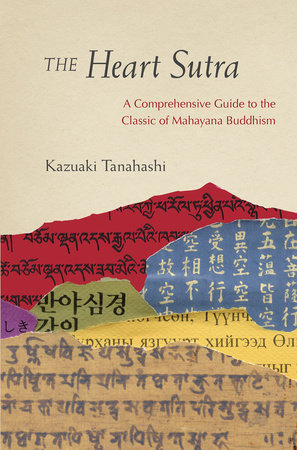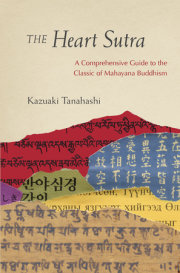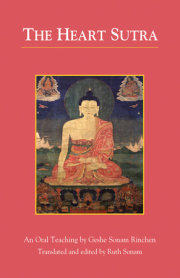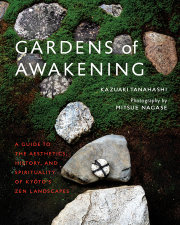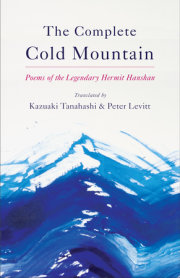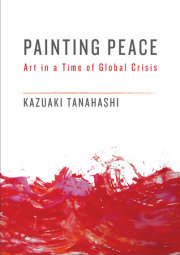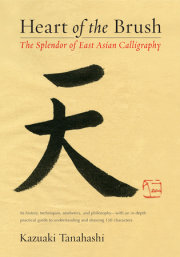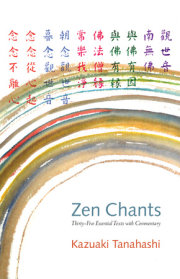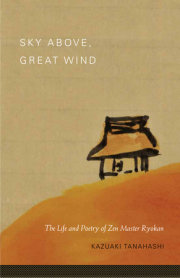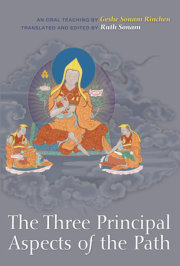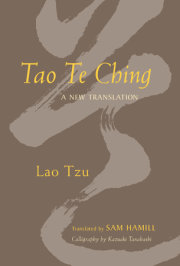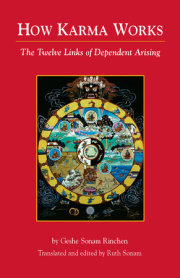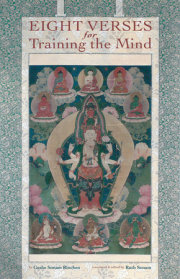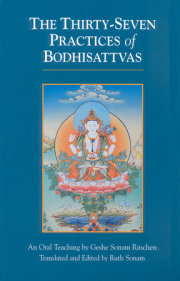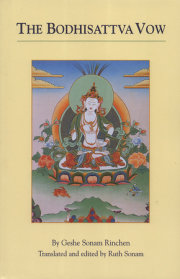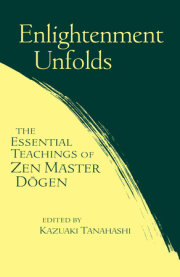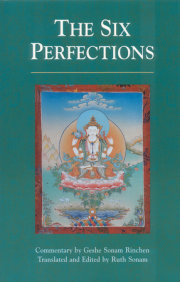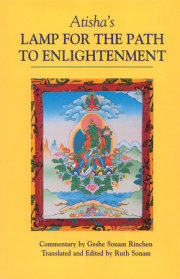"Kazuaki Tanahashi’s Heart Sutra: A Comprehensive Guide to the Classic of Mahayana Buddhism delivers exactly what its subtitle promises—and much more. Most books on the sutra provide expositions of the by now well-known emptiness teachings (however much those teachings continue to resist our understanding). But such exposition, though lucidly present here, is the least of what this book offers. In addition, it traces the history of the text, its translation, and its dissemination throughout Asia and the West in ancient and modern times, and it includes a discussion of important and ground-breaking contemporary scholarship. It includes a biography of Xuanzhang, the sutra’s most famous Chinese translator, who famously journeyed to India to find it, as well as the recounting of a contemporary pilgrimage to a Korean monastery to see the oldest existing woodblock prints of the text. Its longest section is a line-by-line comparison of versions of the text in English and several Asian languages, full of useful nuance. In short, this astonishing work of loving scholarship, written with Kaz’s usual deft touch, is a must-have for any serious Dharma student.”
—Zoketsu Norman Fischer, poet and Zen priest, author of Escape This Crazy Life of Tears and Training in Compassion: Zen Teachings on the Practice of Lojong
"For all who love the Dharma, Kaz’s study of the Heart Sutra is a true boon—it serves us as introduction, history, toolbox, and treasure chest of teachings. It reads as a love story, a detective story, and yet it is a stunning scholarly resource. As inspiration, as reference, as deep study, this work is unsurpassable!”
—Roshi Pat Enkyo O’Hara, author of Most Intimate: A Zen Approach to Life’s Challenges

